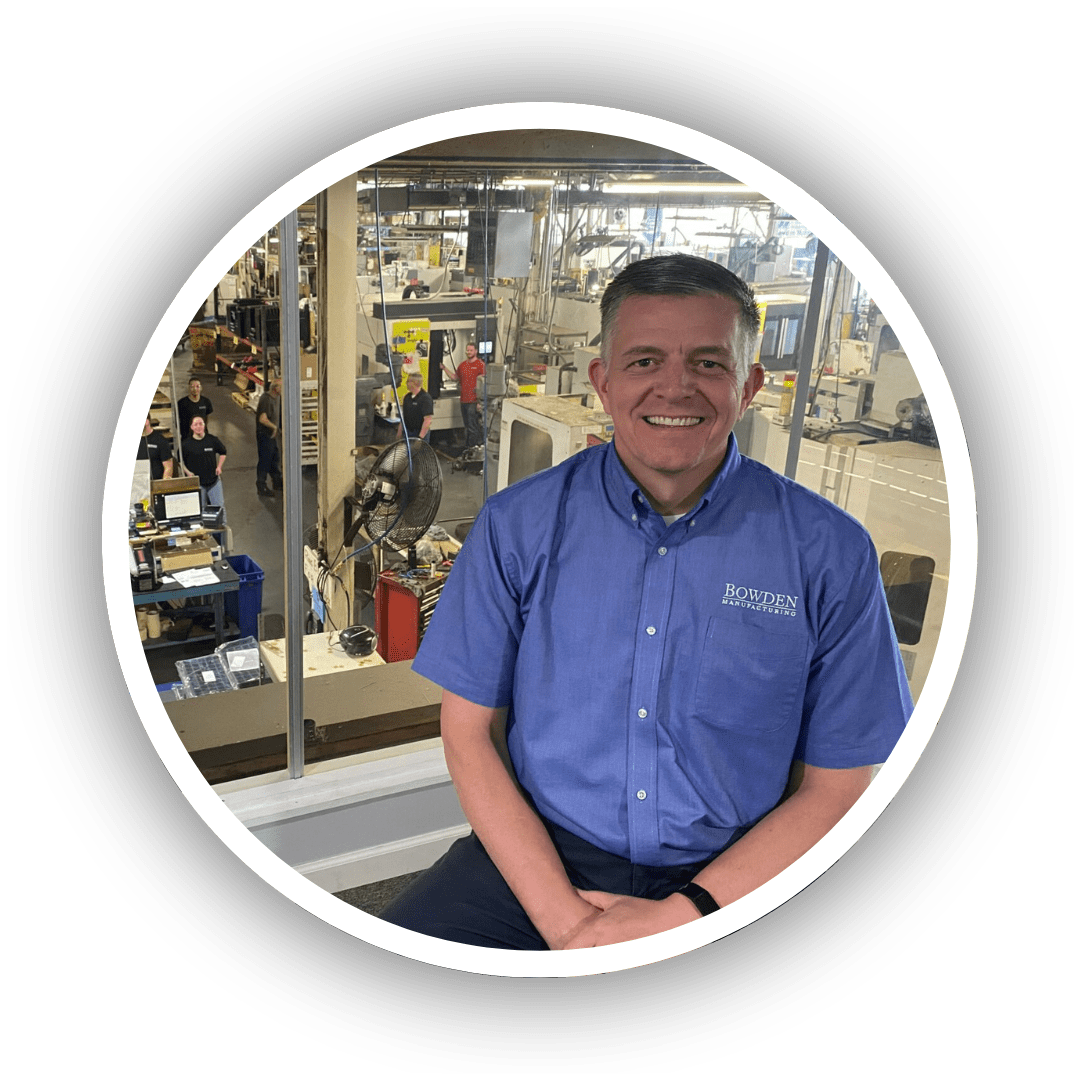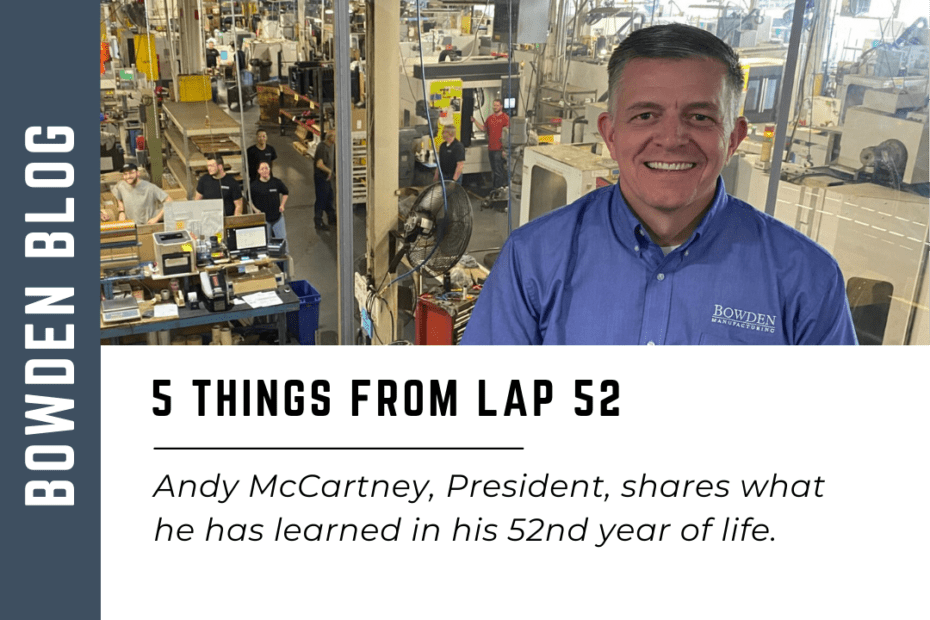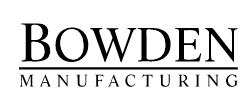5 Things I Learned in My 52nd Lap Around the Sun
Tuesday was my birthday. I’m 52 and the years seem to be flying by faster each year!
I took some time this week to look back over these last 12 months to consider all that had transpired and see what takeaways might be helpful to note as I head into year number 53.

Here are five things that struck me, and I wanted to provide some encouragement and action from each lesson in the hopes that I can build on these as I head further on my journey. By writing them down and sharing them, I’m hopeful that it will spark some thoughtful consideration and potentially some conversation that will be beneficial to all involved.
1. I don’t have the power to make anyone do anything.
People can decide what they want to do. That makes perfect sense… unless I want them to do something different!
As both a parent and an employer, I want our people to learn to think and make decisions on their own. Unfortunately, it can be challenging when their desires don’t conform to what I’d want. In both roles, I typically think I know best, so it can be frustrating when my expectations aren’t met. My opportunity to honor their ability to make their own choices can often require some restraint on my part, as I should recognize that if I need to make all their decisions for them, that will put me on the hook for more work than I can handle.
It’s definitely better for me to seek to understand their desires, set up conditions that will support them to make thoughtful decisions, and let them act according to their own decisions.

2. Humans make decisions emotionally and justify them intellectually – Good decision-making skills must be developed with intention.
One of my biggest hang-ups is that it really bothers me when people don’t use a good decision-making process. The more important the decision and/or the more important the person is to me, the more it bothers me when a poor process is used.
Most of us think we’re good decision-makers. Unfortunately, studies have shown that most human decisions are made emotionally. Acting out of emotion reduces the likelihood of making a good decision. It requires intention and thoughtful consideration to resist our emotional instincts and ensure we use a good process. It doesn’t mean that our decision won’t be the same, it just means that we’ll have used a better process and have consistently better outcomes.
Here are a couple of big indicators that the decision-making process could use another look:
- You need to make the decision quickly. If you’re feeling a sense of urgency, you’re far likelier to make a decision you’ll regret.
- You’re deciding between just two options. Binary decisions are notoriously bad and yet we make them with regularity. Studies have shown that adding just one more option will improve the quality of the outcome by more than 50%.
- You’re feeling emotional pressure around the decision and/or have to make it on the spot in front of someone who is emotionally invested in the outcome. Adding someone else’s emotions to your own compounds the challenge and makes it less likely to be a solid process.
Making good decisions takes practice. Hopefully, you can build your typical process around your decisions by making small decisions before you’re forced to make bigger ones. Learn to identify your emotions, and the emotions of anyone else involved so that you can be thoughtful as you consider the potential outcomes.

3. People want a clear path for their future – show them opportunities that you’re trying to provide for them.
As an Employer that’s recruiting new members of our Team, we need to see our company from the perspective of those potential hires. If we can consider what we hope they can learn, especially in the early stages of their time with our company, we’ll be in a better position. Sharing those opportunities for them to learn and grow, in a variety of ways, will help them envision a brighter future within your organization.
The more specific, time-sensitive, and detailed you can be about their future opportunity, without over-embellishing, the more clearly they will see the path. Providing clear expectations sets both parties up to recognize when they are not being met. If the company doesn’t live up to the expectations created, you’re on the hook to fix that. If the employee doesn’t live up to the expectations created, you’ve got a solid basis to review their performance.
A joint expectation of growth provides the company and employee a positive path for a future relationship that can develop the employee into a more and more valuable Teammate for the company.

4. Do this intellectual exercise: You just learned that you’re going to get Dementia when you turn 70, write out how you’d get things in place for your remaining years.
My mom has had Alzheimer’s for almost a decade. My dad passed away from cancer before his Alzheimer’s got bad. They hadn’t considered the path they’d have preferred, so my brothers and I have been making it as we’ve been walking with her down the path.
Dad didn’t want to think about it and he was not alone. I know plenty of other people that don’t want to think about it. Unfortunately, it’s the type of thing that by the time you know you’re in trouble, you don’t have the cognitive ability to do much about it.
Here are a few questions you’ll want to consider:
- Who do I have that I will trust to help me make decisions when I start to struggle?
- What’s the stuff that I don’t like to do, that I won’t want to do anymore once I start to lose my cognitive ability?
- How will I deal with the fact that at some point I won’t be safe if I am driving, cooking, living on my own, or handling my finances?
- How can I make sure I’m not creating an undue burden on my family once I need more help to function?
- Do I want to “fight” the disease, or will I be able to accept that I can give up control of things so that I don’t live the rest of my life angry with those around me?
Taking the time to think through these questions may or may not spark interesting conversations for you. Some might feel like a punch in the gut. In any case, considering them intellectually now, without having the emotions and fears of an actual diagnosis, can allow you to be objective and thoughtful in your answers.
Sadly, way too many people don’t want to deal with these issues until it’s too late, and by that time the options are limited, and it becomes a burden to the people you love the most. They are left to try to figure out what you “would have wanted” back when you were able to think about it. Don’t force them to guess, do some of the work for them and everyone will be in a better spot if you end up on that path.
Both my parents had to deal with it, so it’s hard to imagine that I won’t have to face it one day, too.

5. Consider the “Story” of your life (at least the next 5-10 years!) and see how you can make it something that will inspire you.
Donald Miller’s book, Building a StoryBrand, was my first real introduction to the world of Marketing. The idea that we could use Story to engage with people has been extremely impactful to my business. His recent book, Hero on a Mission, brings the idea of using Story home in a very personal and unexpected way.
I’ve done goal-setting exercises many in the past and I appreciate their opportunity to get me to take action. I grew up with the sheet of all our family’s goals taped to the upper corner of the bathroom mirror so we would see them at least twice per day. But all of those practices included lists, items, and objects and didn’t have a personal feel to them.
Completing the Hero on a Mission exercises converted my lists to a Story format and I was surprised at the emotional impact it had on me. I didn’t expect that writing my own eulogy and reading it out loud on a regular basis would strike such a cord for me. The process of breaking down the goals and building the system to get them executed wasn’t new, but starting from the Story of my life has changed it from a clinical feel to a personal one.
Identifying my Mission and seeing myself as the Hero of my Story has been transformative to me and I simply didn’t expect it could make me feel so deeply.

Final Thoughts
Getting old isn’t for the faint of heart, but the alternative isn’t appealing. Taking time to reflect back each year is an important exercise. Hopefully, these 5 things I learned in my last year will be helpful to you as you wrap up your 2022.
I find myself becoming more philosophical as I get older and I remember when that happened to my dad. Seeing our young Teammates at the shop and watching my daughters grow into adulthood certainly accelerates the process for me. I want to help them all learn some of the lessons I’ve learned, with a minimum of the pain that it took to learn some of them.
If anyone wants to talk further about any of these ideas, please don’t hesitate to email me and we can set up a conversation. I’m excited about my 53rd Lap, and all the new things I’ll get to learn as I continue down my path.
– Andy McCartney, President, Bowden Manufacturing
If you would like to go through the exercises in the Hero On a Mission Course, you can sign up for Business Made Simple: Here

